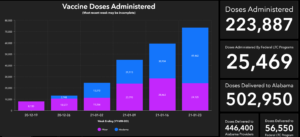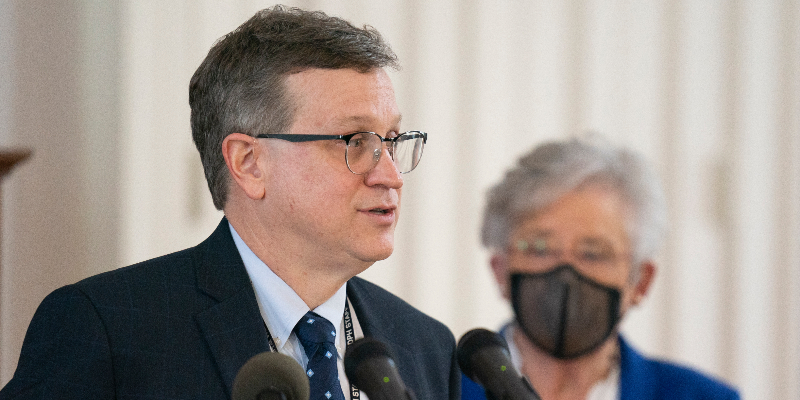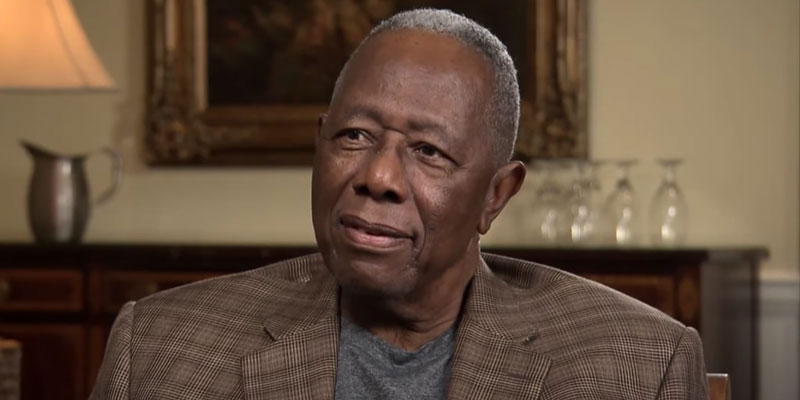MONTGOMERY — Alabama’s vaccine rollout is gaining speed. Eligible citizens will soon be able to book appointments online, and a distribution deal with Walmart has been struck, even as low supply and issues communicating with the on-the-ground providers hamper the effort.
State Health Officer Dr. Scott Harris updated the public on Alabama’s vaccine distribution status twice in the last two days, first during a press conference with the governor on Thursday and then again in the Alabama Department of Public Health’s office on Friday morning.
The main issue afflicting Alabama’s rollout is a lack of doses, Harris reiterated multiple times.
As of Friday afternoon, 502,950 doses of vaccine product have been delivered to Alabama, and 223,887 of those have been administered to citizens, good for 44.51% of doses received.
Per Harris, the preponderance of the remaining shots left on shelves already have a designated recipient. Most are for patients that have received their first dose. Both vaccine products approved for use require two doses given three to four weeks apart.
At the Moment
“People certainly have a right to expect we can do things faster. I think we can do things faster,” Harris said early in his remarks, acknowledging the criticism leveled at his department.
Conversely, Harris pushed back firmly on the assertions that Alabama was set to receive fewer doses due to its comparatively slow rollout compared to other states.
Harris assured the public on multiple occasions that vaccine shipments are based on population and said remarks from former HHS Secretary Alex Azar indicating vaccine shipments were based on a state’s efficiency in giving shots were incorrect.

Between 50,000 and 60,000 doses of COVID-19 are currently being delivered to Alabama each week, with the state only learning the day before receipt how many doses they will be getting on a given day. Harris says the irregular schedule of the shipments makes scheduling appointments difficult.
Harris described that another struggle for ADPH has been getting the providers on the ground to report how many doses they have administered in a timely fashion. This, according to Harris, is helping contribute to the picture that Alabama is last or near last in terms of getting shots into the arms of its citizens.
The CDC’s dashboard entry for Alabama is often tens of thousands doses behind what ADPH is reporting for the state.
Pfizer’s vaccine product comes in batches of nearly 1,000 — meaning that if Alabama gets a shipment of 20,000 doses, only 20 locations will get a batch. Currently, the state has dozens of more potential providers signed up to distribute but no doses to give them.
Harris also said his department is putting more pressure on vaccine providers to speed up the administration of the doses, adding they will begin looking at taking back doses from an institution that does not get them into arms within one week.
Demand remains high among Alabama’s currently eligible populations — health care workers, nursing home residents, police officers, firefighters and individuals age 75 and over — which Harris cited as the reason he does not anticipate expanding eligibility to a new group in the near future.
Around 500,000 Alabamians are between age 65 and 75, Harris offered for context.
Looking Ahead
ADPH has struck a deal with retail giant Walmart to begin providing locations for vaccination drives in the future. Details of the plan are still being finalized, but Harris described the full contents of the deal as likely becoming public “soon.”
The department also says an online portal that will allow patients eligible to receive the vaccine to book an appointment online is “being tested now,” and it will “hopefully [go online] in the next couple of days.”
A hotline from ADPH that serves a similar purpose is now being served by 165 different lines to help match demand. Harris called on only those eligible to get vaccinated to try and schedule an appointment.
A factor being closely watched by many health experts is the development of a single dose vaccine from the company Johnson and Johnson. Harris says his current impression is the company could submit its application for regulatory approval at the beginning of February.
Harris was asked when he expected the point to come where any citizen of the state who wanted a vaccine could get a vaccine.
“Late spring or early summer,” he replied, later adding that “summer is probably more realistic.”
Though, he warned, “That is contingent on getting new products out there.”
Henry Thornton is a staff writer for Yellowhammer News. You can contact him by email: [email protected] or on Twitter @HenryThornton95.













